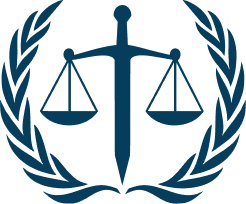Errors in the Prescription Process
These errors can occur in various phases that take place during the prescription process, including:
- Ordering: Unfortunately, a number of errors can take place at this initial point. Physicians and other health care providers may fail to prescribe the correct dosage and frequency in which medications are taken, or, perhaps even worse, prescribe the wrong medication entirely.
- Transcribing: These types of errors are particularly common in places lacking computerized entries, thereby increasing the probability of handwriting errors. Poor handwriting can sometimes lead to improper reading or interpretation of the prescription—when, in fact, they should have verified it in order to make sure. These errors are also common in a hospital setting.
- Dispensing: A doctor's failure to check or determine whether a patient could have an adverse reaction to the prescribed drug, or a reaction caused by taking the drug in conjunction with another is called dispensing, which can result in legal liability.
- Administration: Similar to the incorrect ordering of a drug, a health care provider can also fail to administer the correct prescription medication to a patient. In the context of a hospital, this is typically the nurse's responsibility. Nevertheless, these errors can occur in all types of settings and could be the result of negligence by a physician, pharmacist, or other health care provider.
While these are the different phases where an inexcusable accident may occur, the Miami and Ft. Lauderdale prescription error lawyers of Brais Law Firm are familiar with the errors that can take place at any time, such as a health care providers:
- Failure to place the correct labeling or dosage on the medication’s bottle or container.
- Failure to place the proper instructions insofar as when a user should take the medication and under what conditions.
- Failure to provide the correct prescription medication.
- Failure to warn of risks associated with taking the medication.
- Failure to discern harmful side-effects or reactions that may occur if a patient takes the medication along with another drug or substance.






